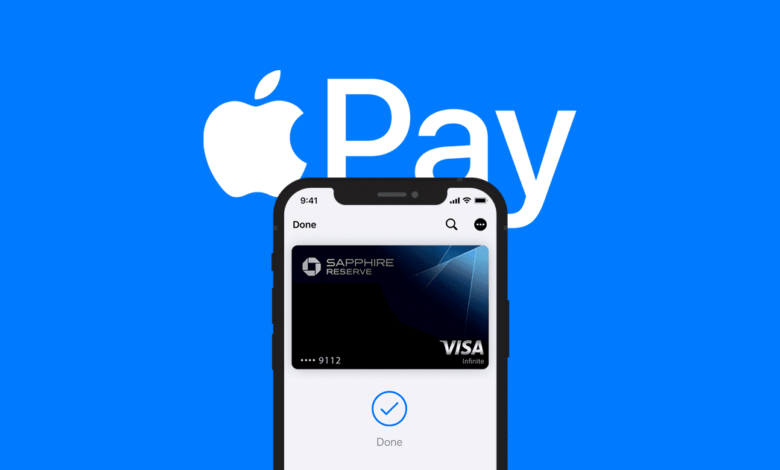Are digital wallets safe? Here’s what to know as the battle between big banks and Apple Pay heats up

In the face of inflation, rising interest rates and slowing economic growth, there’s more competition than ever for consumers’ cash — and even how their purchases are made.
Now, several of the large banks behind Zelle are teaming up to create their own digital wallet in a bid to compete with Apple Pay and PayPal
, according to a recent report in The Wall Street Journal.
The move is seen as an effort to slow Apple
’s push into consumer financial services, marked by the recent introduction of Apple Pay Later, as well as an interest-bearing savings account administered by Goldman Sachs
“The big challenge for banks will be providing something unique enough to grab attention and convince people to use their solution rather than well-established services such as Apple Pay and PayPal,” said Ted Rossman, senior industry analyst at Bankrate. “I think that will be an uphill battle.”
What the war over your wallet means to you
“The pitch for consumers is an easier online checkout experience,” Rossman said. “You won’t need to enter all of your card information because it will already be saved in the system.
“And it will be managed by the banks, which will in theory have better fraud protection than retailers.”
The good news is “they are already a regulated sector,” added Pam Dixon, executive director of the World Privacy Forum, a nonprofit research group, in contrast to the equally popular buy now, pay later programs.
However, “consumers still have to be really careful,” Dixon cautioned. “This is your financial information.”
Digital payments soar in popularity, but are they safe?
During the pandemic, shoppers showed a growing preference for cashless transactions and still do: Peer-to-peer payment apps — known as P2P — such as Zelle and Paypal’s Venmo, which let users store their banking information on their smartphone, have exploded in popularity.
Now, 64% of Americans use peer-to-peer payment apps, although for young adults that jumps to 81%, according to a March 2022 survey by Consumer Reports.
Roughly 40% of the more than 2,000 people polled said they use payment apps at least once a month, while 18% use them at least once a week.
Digital payments are generally more secure than credit card transactions because there’s a biometric component, Rossman said — “this online solution will likely have some sort of two-factor authentication, like a code sent via text message.”





